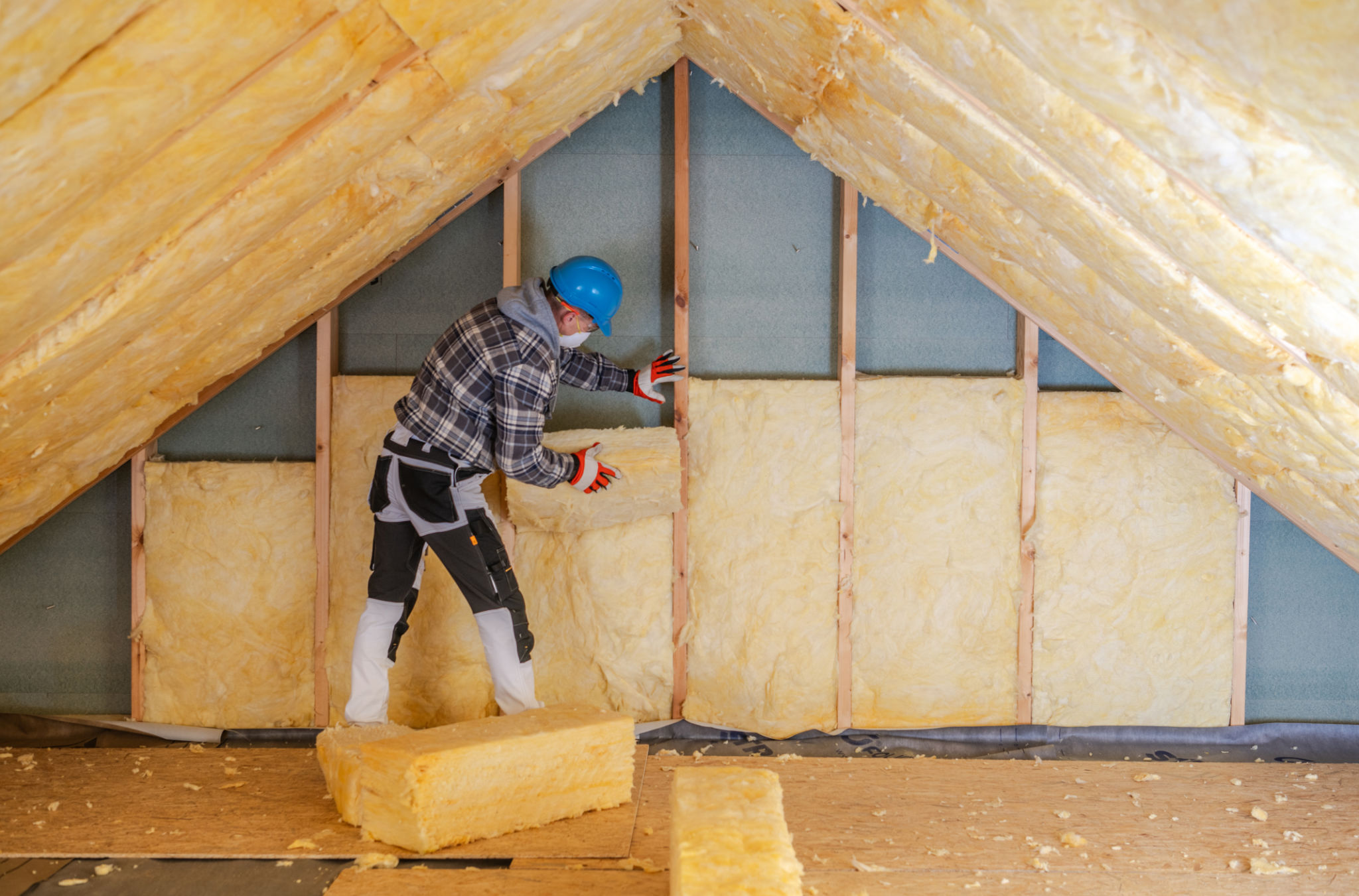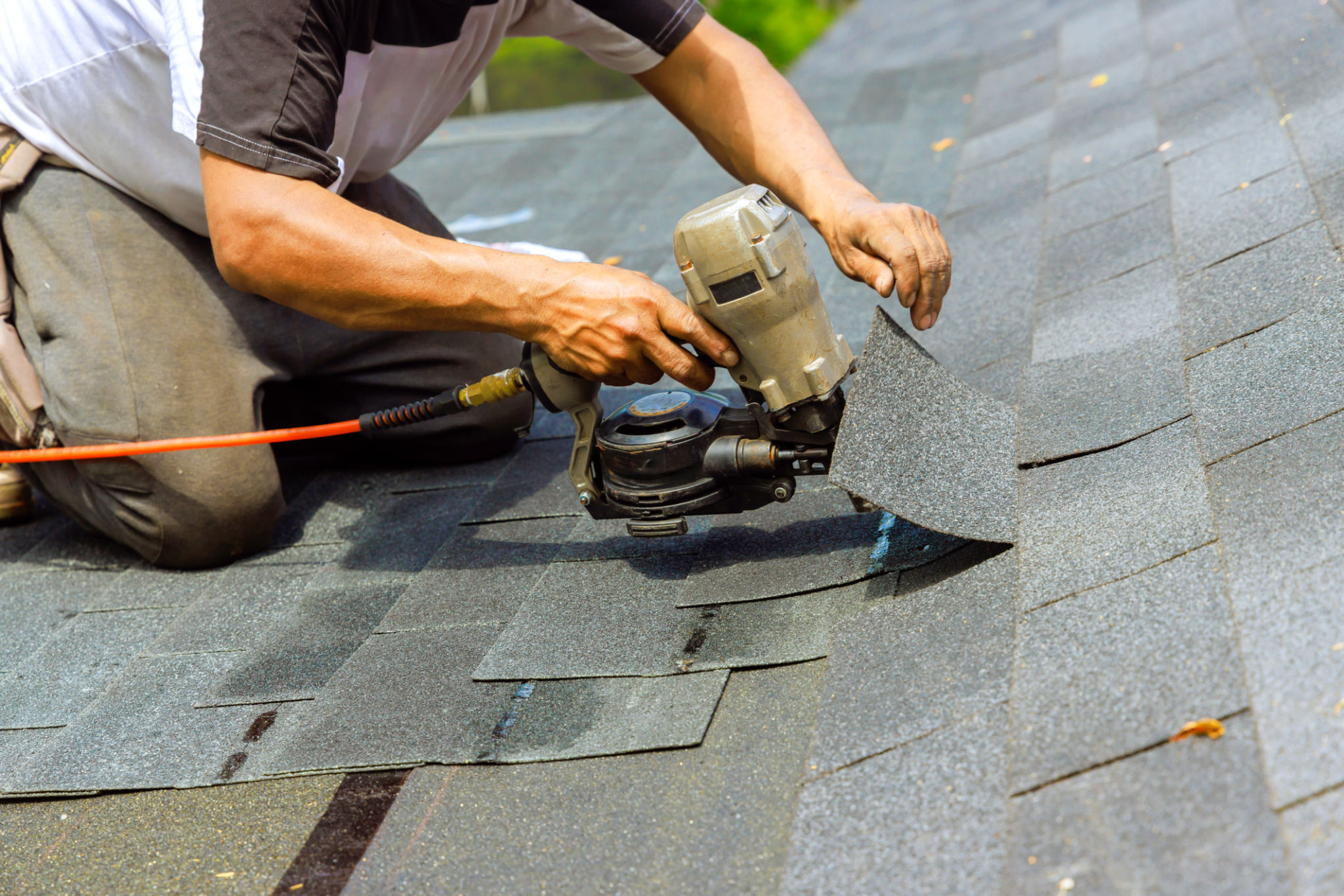Preparing Your Home for a Cincinnati Winter: Essential Remodeling Tips
Understanding Cincinnati's Winter Climate
Winter in Cincinnati can bring a unique set of challenges. With temperatures often dipping below freezing, it's essential to ensure that your home is well-prepared to handle the cold months. From heavy snowfalls to icy conditions, the weather can affect both the exterior and interior of your home. Taking the time to prepare can prevent costly damages and ensure a warm, comfortable winter season.

Insulation: The Key to Comfort and Efficiency
One of the most crucial aspects of preparing your home for winter is ensuring proper insulation. Poor insulation can lead to heat loss and skyrocketing energy bills. Consider adding or upgrading insulation in your attic, walls, and floors. Pay special attention to areas prone to drafts, such as windows and doors, by installing weather stripping or using draft stoppers.
Upgrade Your Windows
Windows are a common source of heat loss in many homes. If your windows are old or single-pane, it might be time for an upgrade. Double or triple-pane windows offer better insulation and can significantly reduce energy consumption. Additionally, consider using thermal curtains to add an extra layer of insulation.

Roof Maintenance and Snow Removal
Your roof is your first line of defense against harsh winter weather. Before the first snowfall, inspect your roof for any signs of damage or wear, such as missing shingles or leaks. These issues should be addressed immediately to prevent water damage.
Install a Snow Guard System
If your area is prone to heavy snowfall, a snow guard system can help manage snow accumulation on your roof. This system prevents large snow slides that can damage gutters or harm individuals below. Regularly removing snow using a roof rake can also prevent ice dams, which can cause water to seep into your home.

Prepare Your Plumbing
Cold temperatures can wreak havoc on your plumbing system. Frozen pipes are not only inconvenient but can lead to significant water damage if they burst. To prevent this, insulate exposed pipes in unheated areas such as basements, attics, and garages. Allow faucets to drip during extremely cold weather to keep water moving through the pipes.
Check Your Water Heater
Ensure your water heater is in good working condition to meet the increased demand during the winter months. Flushing out sediment and insulating the water heater tank can improve efficiency and ensure you have a reliable supply of hot water.

Enhance Indoor Comfort
While preparing for structural needs is vital, don't forget about indoor comfort. A programmable thermostat allows you to set temperatures based on your schedule, optimizing energy use without sacrificing comfort. Additionally, consider sealing gaps around electrical outlets and switch plates to prevent drafts.
Adding cozy elements like rugs and throws not only enhances warmth but also adds a touch of seasonal decor to your living space. Keeping your home snug and inviting will make the long winter months more enjoyable.

